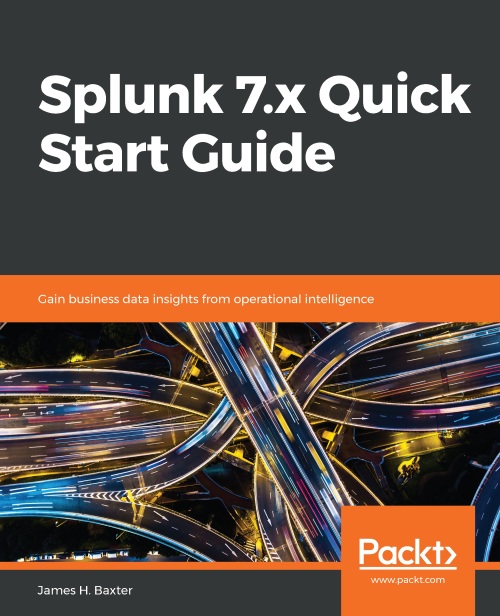Create an IT strategy for your company with this book. In seven consecutive steps, this book presents the development of an IT strategy for manufacturing companies with the possibility of practical implementation using ready-made worksheets. It looks at all the issues relevant to an IT strategy, from deriving the IT strategy from the corporate strategy to creating the application and sourcing strategy. The role of IT in the company and the role of the CIO are examined in detail, and the demand/supply model is presented in detail as a structural organisation. In this book, the reader learns how to transfer the IT strategy into a roadmap for implementation, how to use a portfolio to control the projects and how to implement and control the goals of the IT strategy with a specially developed IT strategy cockpit. The second edition takes greater account of digitalisation This second edition focuses on manufacturing companies in order to take into account the industry focus of any IT strategy. It also considers the distinction from digitalisation and digitalisation strategies and contains additional explanations on agile methods, DevOps as well as bi-modal IT structures. As a result, the existing 7-step concept for developing an IT strategy has become more focused and has taken on the current issues of IT and digitalisation, which continue to develop at a rapid pace. In terms of content, the book on creating IT strategies focuses on the following areas: - Fundamentals of IT strategy as well as differentiation from a digitalisation strategy. - Reasons for an IT strategy - As-is analysis of IT - Analysis of the corporate strategy - IT application strategy - Sourcing strategy - IT organisation and IT governance - Practical implementation: budgeting, IT roadmap and IT project portfolio - Monitoring and control of the IT strategy with the IT strategy cockpit The author primarily addresses CIOs and IT managers of medium-sized to large companies and groups in the manufacturing industry. In addition, the book is suitable for the following target groups: - IT staff, IT controlling and IT management level employees. - IT management consultants - CFOs, CEOs, managing directors and board members of manufacturing companies












